
Intermittent Fasting - Intermittent Fasting Guidance
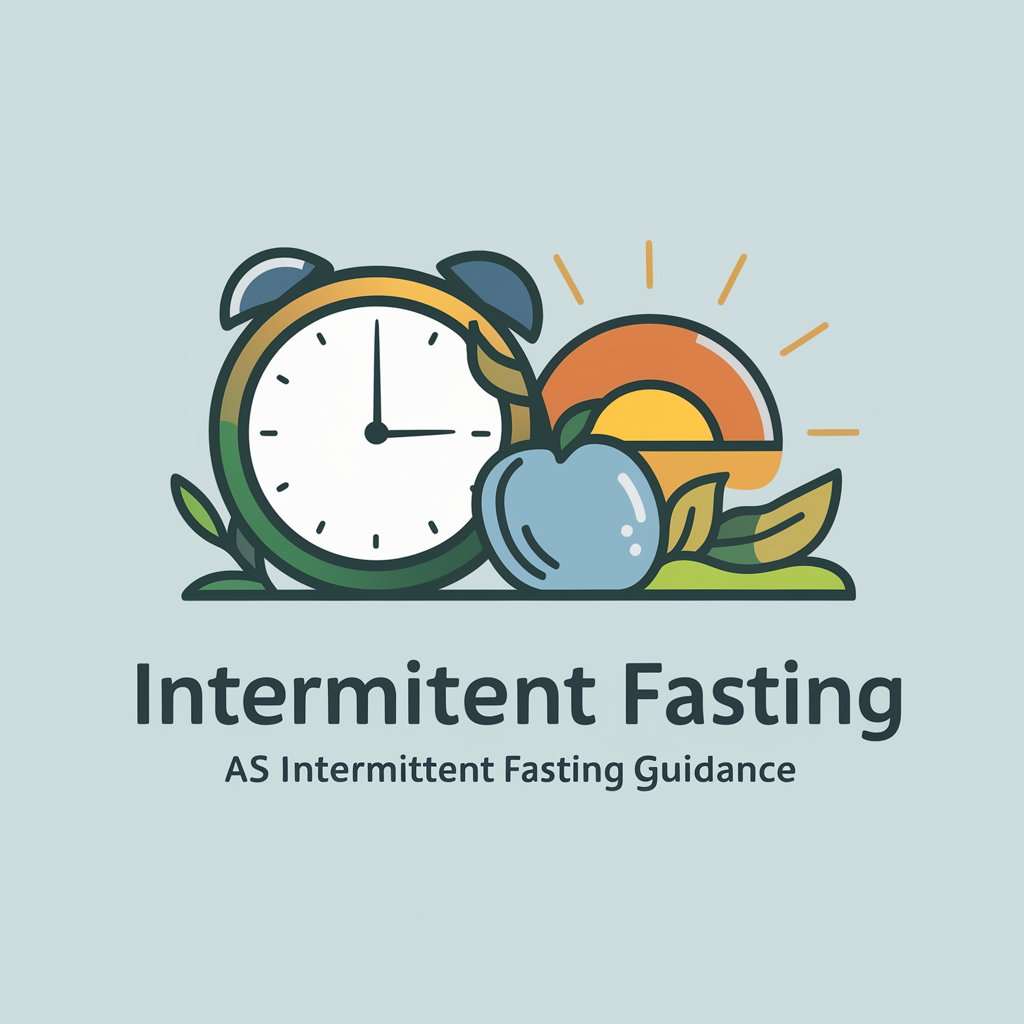
Hello! Ready to explore intermittent fasting?
Harness AI for Fasting Success
Can you explain the different types of intermittent fasting?
What are the potential health benefits of intermittent fasting?
How can I start intermittent fasting safely?
What tips do you have for sticking to an intermittent fasting schedule?
Get Embed Code
Overview of Intermittent Fasting
Intermittent Fasting (IF) is a dietary approach characterized by cycles of eating and fasting periods, focusing not on what you eat, but when you eat. The main principle involves alternating cycles of eating and abstaining from food for specific time frames, which can vary in duration depending on the chosen IF method. For example, the 16/8 method involves fasting for 16 hours and eating during an 8-hour window each day. This approach is believed to trigger several physiological responses, including changes in hormone levels that facilitate fat burning and improve metabolic health. Powered by ChatGPT-4o。

Core Functions of Intermittent Fasting
Promote Weight Loss
Example
A common implementation of IF for weight loss is the 16/8 method, where individuals limit their eating to an 8-hour window, such as 12 pm to 8 pm, and fast for the remaining 16 hours. This restriction can naturally decrease calorie intake while maintaining a regular metabolic rate.
Scenario
An individual looking to lose weight may start IF with the 16/8 method, skipping breakfast and eating their first meal at noon. This can lead to a natural reduction in calorie consumption without the need for meticulous calorie counting.
Improve Metabolic Health
Example
The 5:2 diet, another form of IF, involves consuming 500-600 calories on two non-consecutive days of the week and eating normally on the other five days. This pattern can improve insulin sensitivity and reduce inflammation.
Scenario
Someone with pre-diabetic symptoms might choose the 5:2 approach to help regulate blood sugar levels and improve insulin response, potentially reversing the progression of diabetes.
Target User Groups for Intermittent Fasting
Individuals Seeking Weight Loss
People looking to reduce body weight without the complexity of tracking calories or adhering to strict dietary restrictions might find IF particularly appealing. By simply adjusting the timing of meals, users can achieve a calorie deficit and weight loss.
Health Enthusiasts Interested in Longevity and Wellness
Individuals interested in longevity and metabolic health benefits, such as enhanced brain function and lower risks of chronic diseases, might adopt IF as a lifestyle. The practice is linked to improved markers of health, reduced oxidative stress, and enhanced brain health.

Using Intermittent Fasting
Initial Access
Visit yeschat.ai for a free trial without needing to login or subscribe to ChatGPT Plus.
Choose a Protocol
Select an intermittent fasting protocol that fits your lifestyle, such as the 16/8 method where you fast for 16 hours and eat during an 8-hour window.
Plan Your Meals
Prepare nutritionally balanced meals for your eating periods to ensure you receive all necessary nutrients without overeating.
Monitor Your Progress
Keep track of your fasting and eating periods with a dedicated app or journal to monitor your progress and make adjustments as needed.
Consult a Professional
Before starting any new dietary regimen, including intermittent fasting, consult with a healthcare professional to ensure it's safe based on your personal health conditions.
Try other advanced and practical GPTs
Fasting Coach
Empower your diet with AI-driven fasting
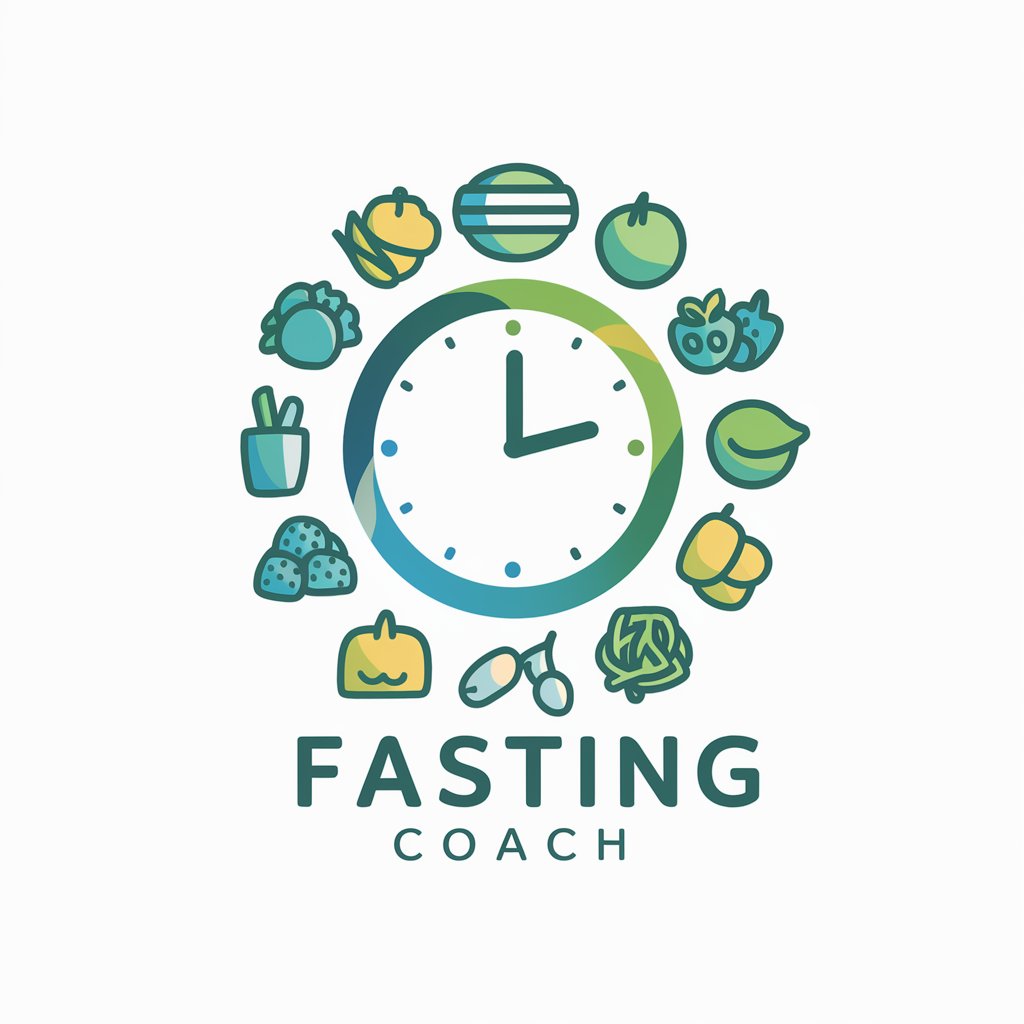
Fasting Advisor
Tailoring fasting plans with AI precision.

Lyon, Lumière des Gaules
Explore Lyon's Soul Through AI

Vodoun AI
Harnessing Vodoun wisdom through AI

Futurist AI Maven
Envisioning Tomorrow's AI Today

Classic Cars Enthusiast
Revive Classics with AI

Fasting Buddy
Your AI-Powered Fasting Coach
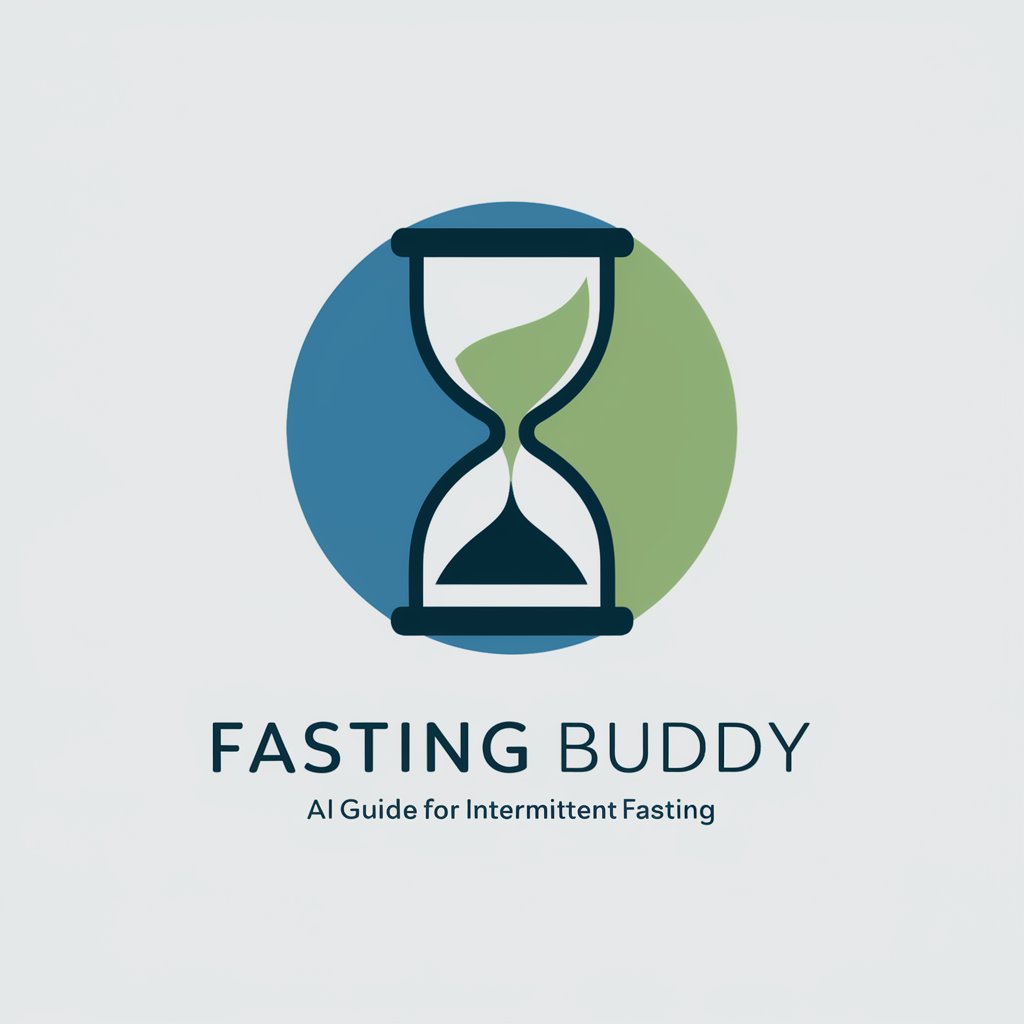
Fasting Guide
Optimize Health with AI-Powered Fasting
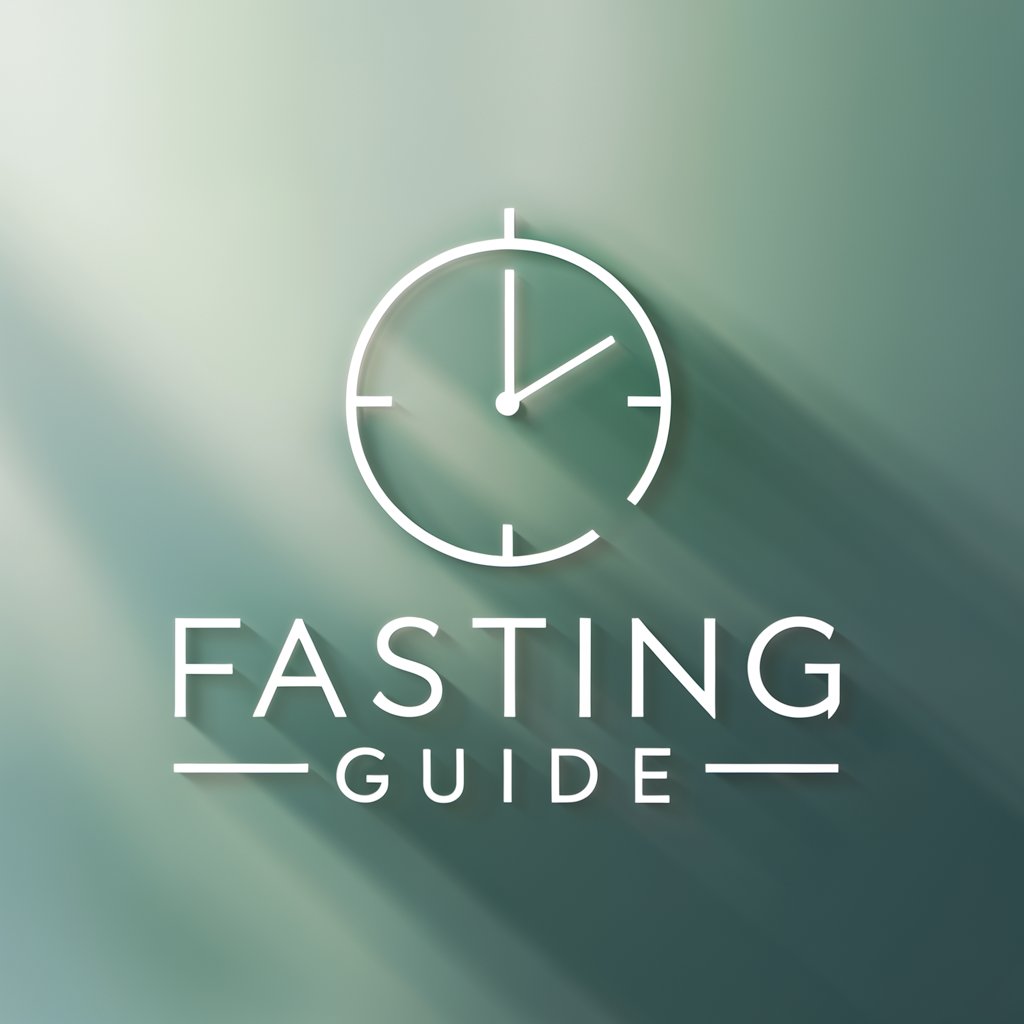
Intermittent Fasting
Empowering Fasting with AI
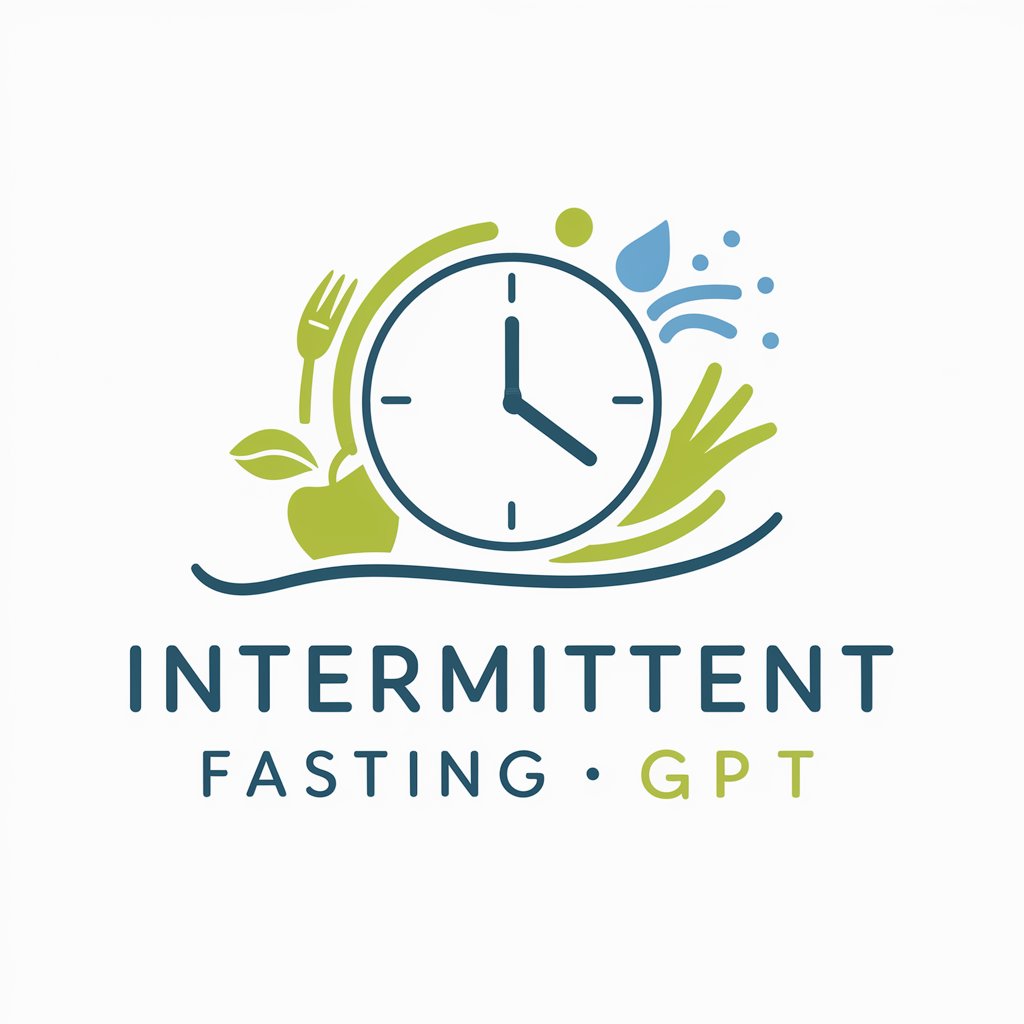
Fasting Friend
Empowering your fasting journey with AI
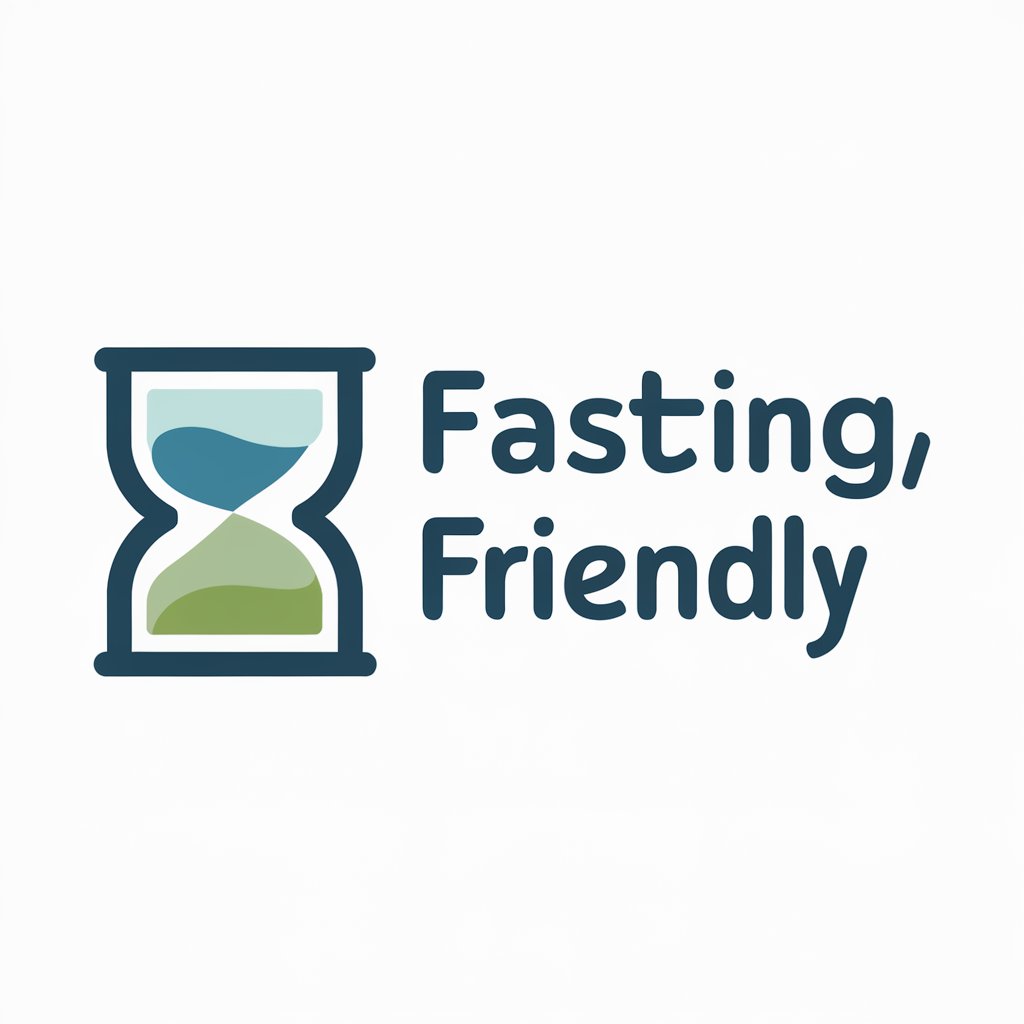
Brenda's Dishes
Discover Authentic Flavors with AI

Dishes Daily
AI-powered Culinary Guide

Frequently Asked Questions about Intermittent Fasting
What are the main health benefits of intermittent fasting?
Intermittent fasting can lead to weight loss, improved metabolic health, reduced inflammation, and enhanced brain function.
Can intermittent fasting help manage or prevent diabetes?
There is evidence suggesting that intermittent fasting may improve insulin sensitivity and reduce blood sugar levels, potentially aiding in diabetes management and prevention.
How should I break a fast safely?
Break your fast with a small, balanced meal that is not too high in sugar; gradually introduce larger meals over your eating period.
Is intermittent fasting safe for everyone?
Intermittent fasting is not suitable for everyone. Individuals with certain health conditions, pregnant women, or those with a history of eating disorders should avoid fasting.
What should I do if I feel unwell during fasting?
If you feel unwell during fasting, such as experiencing dizziness or excessive hunger, consider breaking the fast with a light, nutritious snack and consult a healthcare professional.